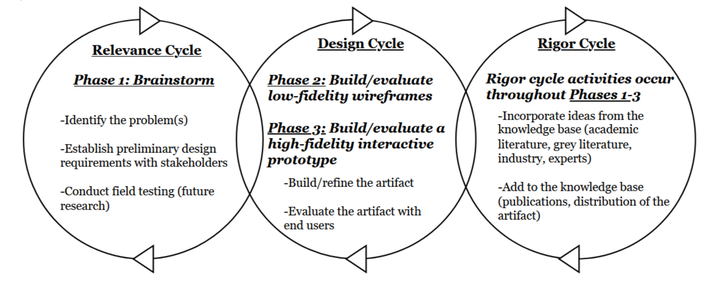Developing an mHealth Application to Coordinate Nurse-Provided Respite Care Services for Families Coping With Palliative-Stage Cancer - Protocol for a User-Centered Design Study
 Image credit: Aimee Castro
Image credit: Aimee CastroAbstract
Background: Patients living with palliative-stage cancer frequently require intensive care from their family caregivers. Without adequate community support services, patients are at risk of receiving inadequate care, and family caregivers are at risk for depression and poor health. For such families, in-home respite care can be invaluable, particularly when the services are flexible and staffed by trusted care providers, such as nurses. Other industries are using mobile apps to make services more flexible. However, few apps have been developed to coordinate nurse-provided respite care services, and to our knowledge, none have been designed in conjunction with families affected by cancer. Objective: The aim of this study is to develop a mobile health (mHealth) app prototype for coordinating flexible and trusted in-home respite care services provided by nurses to families coping with palliative-stage cancer in Québec, Canada. Methods: This user-centered design research comprises the core component of the iRespite Services iRépit research program. For this study, we are recruiting 20 nurses, 15 adults with palliative-stage cancer, and 20 of their family caregivers, from two palliative oncology hospital departments and one palliative home-care community partner. Overseen by an Expert Council, remote data collection will occur over three research phases guided by the iterative Information Systems Research Framework: Phase 1, brainstorming potential app solutions to challenging respite care scenarios, for better supporting the respite needs of both family caregivers and care recipients; Phase 2, evaluating low-fidelity proofs of concept for potential app designs; and Phase 3, usability testing of a high-fidelity interactive proof of concept that will then be programmed into an app prototype. Qualitative and quantitative data will be descriptively analyzed within each phase and triangulated to refine the app features. Results: We anticipate that preliminary results will be available by Spring 2022.